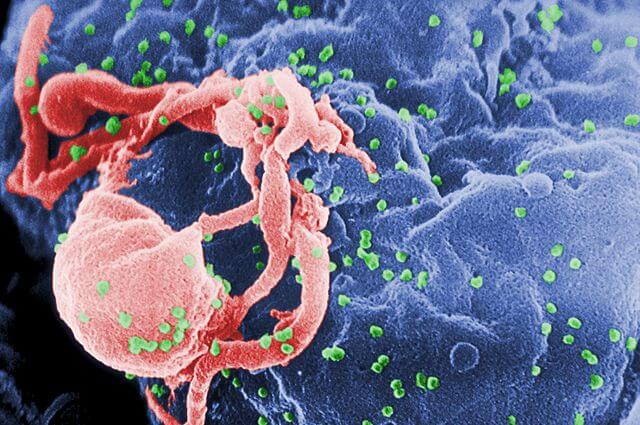HIV/Aids cure, research news 2016: immunotherapy offers new hope for cure

The battle against HIV and AIDS continues, and a recent study from the Fred Hutchinson Cancer Research Center has revealed that immunotherapy, the treatment method that involves harnessing the immune system to battle cancer, might play a larger role in developing a cure or remission against HIV and AIDS.
As reported by the official Fred Hutch website, HIV research veteran and renowned virologist Dr. Larry Corey made the announcement during the Conference on Cell and Gene Therapy for HIV Cure.
"CAR T cells have the potential to kill HIV-infected cells," he explained. "Twenty years ago, they were tried for HIV. They didn't work much, but now we know how to do them better."
CAR T is explained in the report as an experimental form of therapy where a patient's T-Cells -- white blood cells that target and destroy pathogens -- are re-engineered to specifically hunt marked cancer cells. This is achieved by altering the T-Cells with synthetic chimeric antigen receptors.
According to the report, the newest developments with immunotherapy are starting to enter clinical trials for leukemia and lymphoma and have showcased promising results thus far. According to Corey, this also promises potential in the battle against HIV and AIDS.
Corey continued to explain that immunotherapy had been attempted to cure HIV before but did not attain any sustainable results. However, with the latest developments and new technology they might be able to achieve better results this time around.
One of the newer developments in terms of researching HIV and AIDS has been discovered by scientists from the Johns Hopkins Medicine, as reported by Medical Xpress. According to the new study, 90 percent of latent proviruses of HIV in a patient are "genetic duds" meaning they are inactive and defective.
It is further explained that these duds can lead to innaccurate findings with regards to a patient's HIV condition. With this discovery, the method of counting active and latent HIV reservoir in a patient will need to be altered in order to get accurate data and from this the immunotherapy method can get more accurate results.











